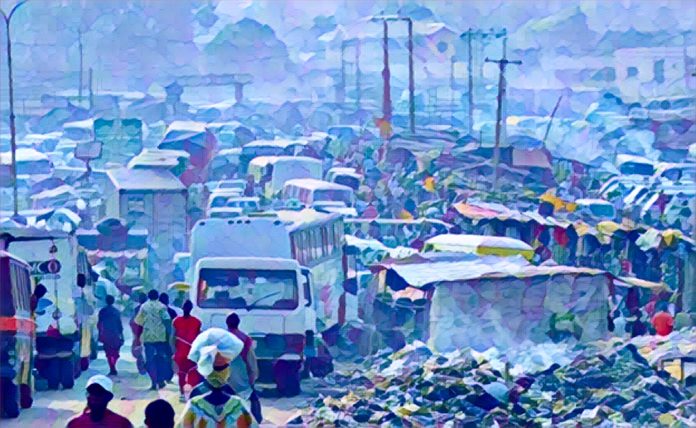KEY POINTS
- Nigeria is using air quality monitoring systems to track pollution and implement targeted interventions.
- Cleaner transport initiatives are helping reduce vehicle emissions.
- Regional and global collaborations, like the CLEAN-Air Forum, enable knowledge-sharing and joint efforts to combat pollution across Africa.
The megacities of Nigeria, especially Lagos, are suffering from extreme air pollution, which is dangerous for the environment and human health.
To address this expanding issue, a number of projects have been started in recent years. The primary strategies Nigeria is using to combat air pollution in its cities are listed below.
Implementation of air quality monitoring systems
Setting up air quality monitoring networks is one of the most important ways to combat air pollution in Nigeria’s largest cities.
To collect precise data on air pollution, Lagos, for instance, has started projects with groups like AirQo and the Lagos State Environmental Protection Agency (LASEPA).
Based on real-time data, these technologies enable authorities to monitor the sources of pollution and take appropriate action.
Promoting cleaner transport solutions
Vehicle emissions are a major contributor to poor air quality in Nigerian megacities. To mitigate this, Lagos and other cities are encouraging the adoption of cleaner transportation options.
Initiatives promoting electric vehicles, as well as policies designed to reduce the number of high-polluting vehicles on the road, are being explored.
The expansion of public transportation systems and improving fuel quality standards are also key components of this strategy.
Engagement in global and regional collaborations
Nigeria has recognized that tackling air pollution requires both local and international cooperation.
Platforms such as the CLEAN-Air Forum, hosted in Lagos in 2024, bring together experts, policymakers, and stakeholders from across Africa to share best practices and develop collaborative solutions to improve air quality.
These partnerships emphasize the importance of collective action for long-term sustainability.
Reducing industrial emissions
The pollution in Nigerian cities is mostly caused by industrial activity.
To lessen the release of dangerous pollutants, the government has strengthened industry restrictions and enforced stricter emission limits through organizations like LASEPA.
To reduce the environmental impact of factories, filtration system installation and routine inspections are being encouraged.
Public awareness and community engagement
Awareness campaigns play a crucial role in addressing air pollution.
Nigeria is increasingly focusing on educating its citizens about the health risks associated with poor air quality and how individuals can contribute to cleaner air.
Community-driven initiatives, such as local air quality projects and environmental education programs, are essential for fostering a culture of sustainability.
Nigeria is improving the quality of its air, especially in its megacities, thanks to these concerted efforts, which will benefit the health of its citizens.



